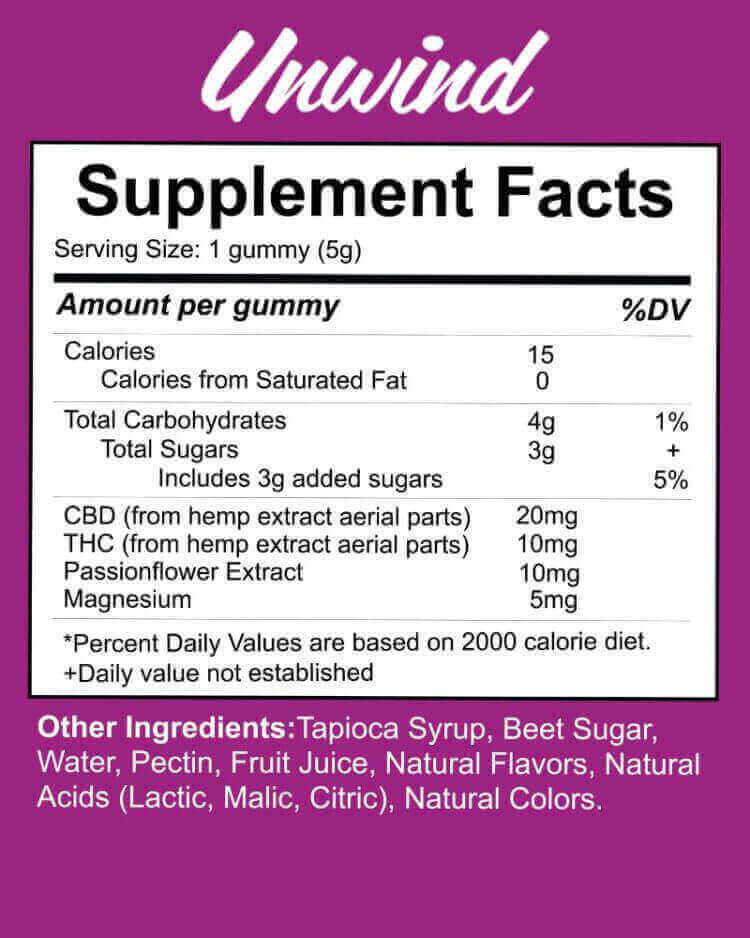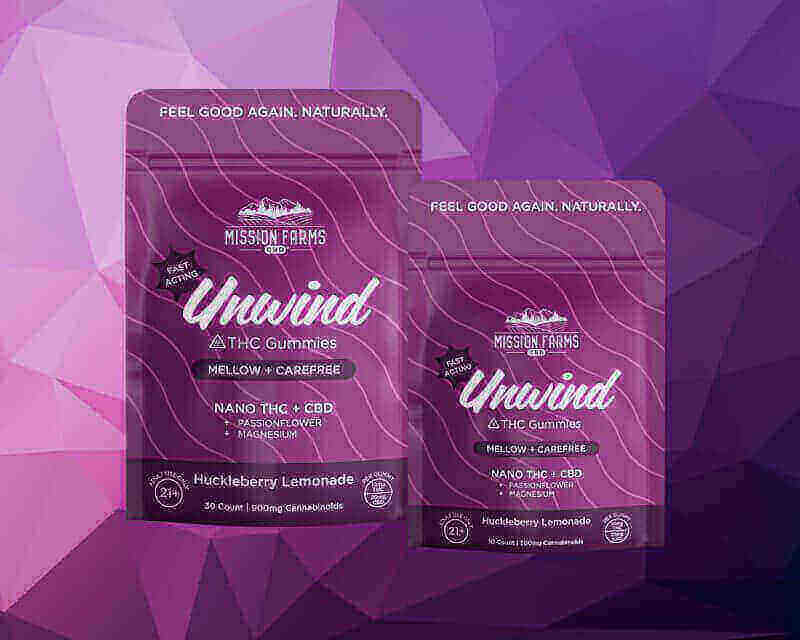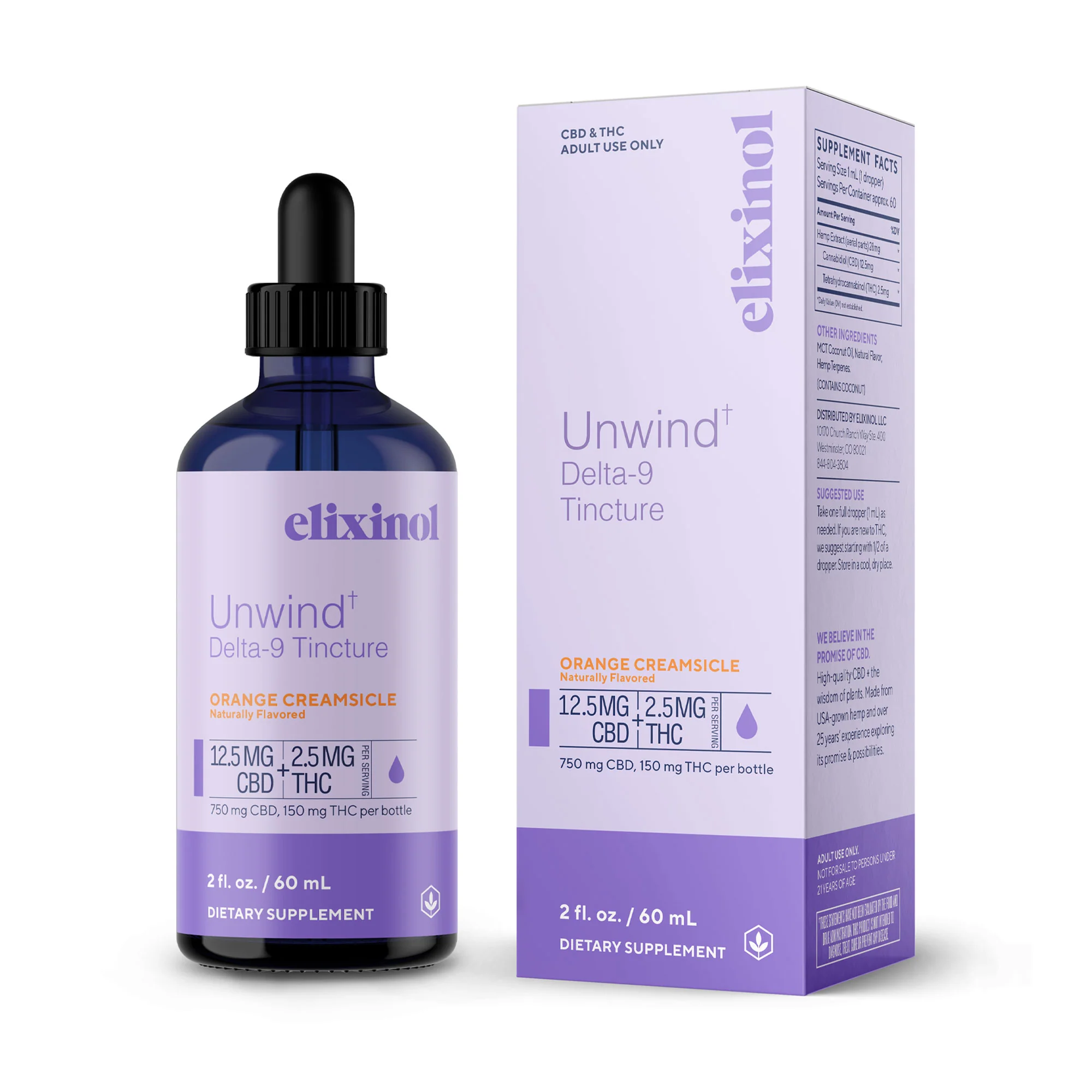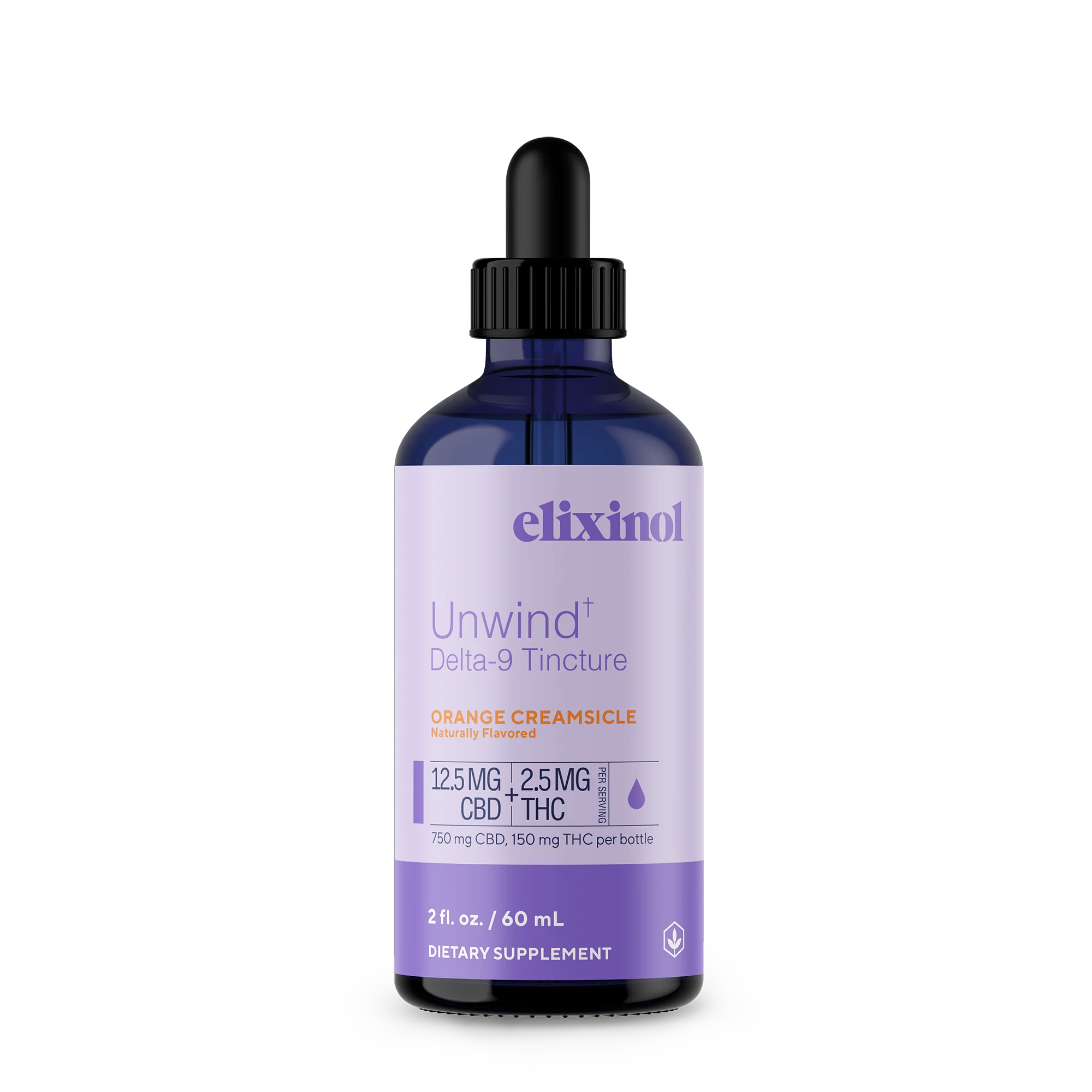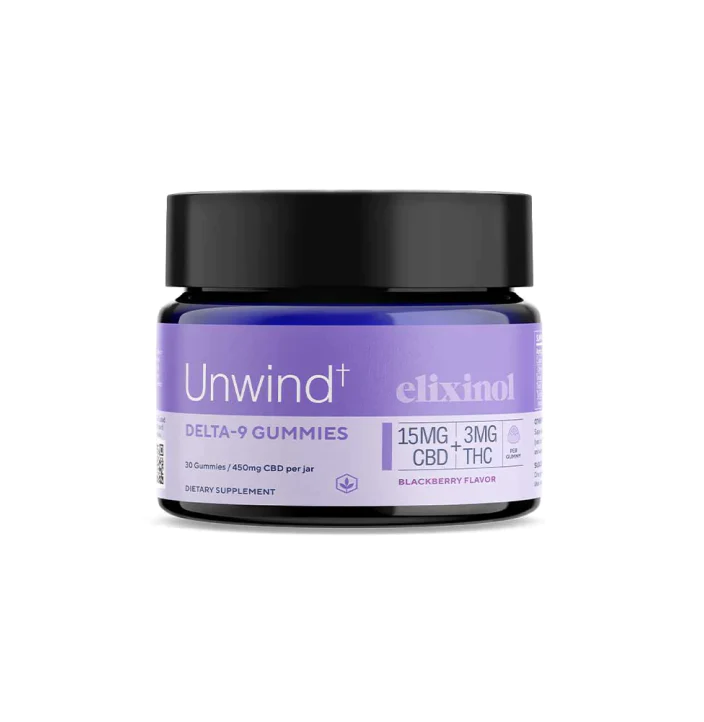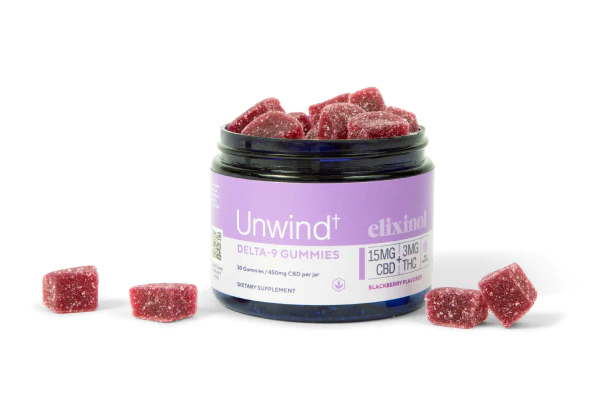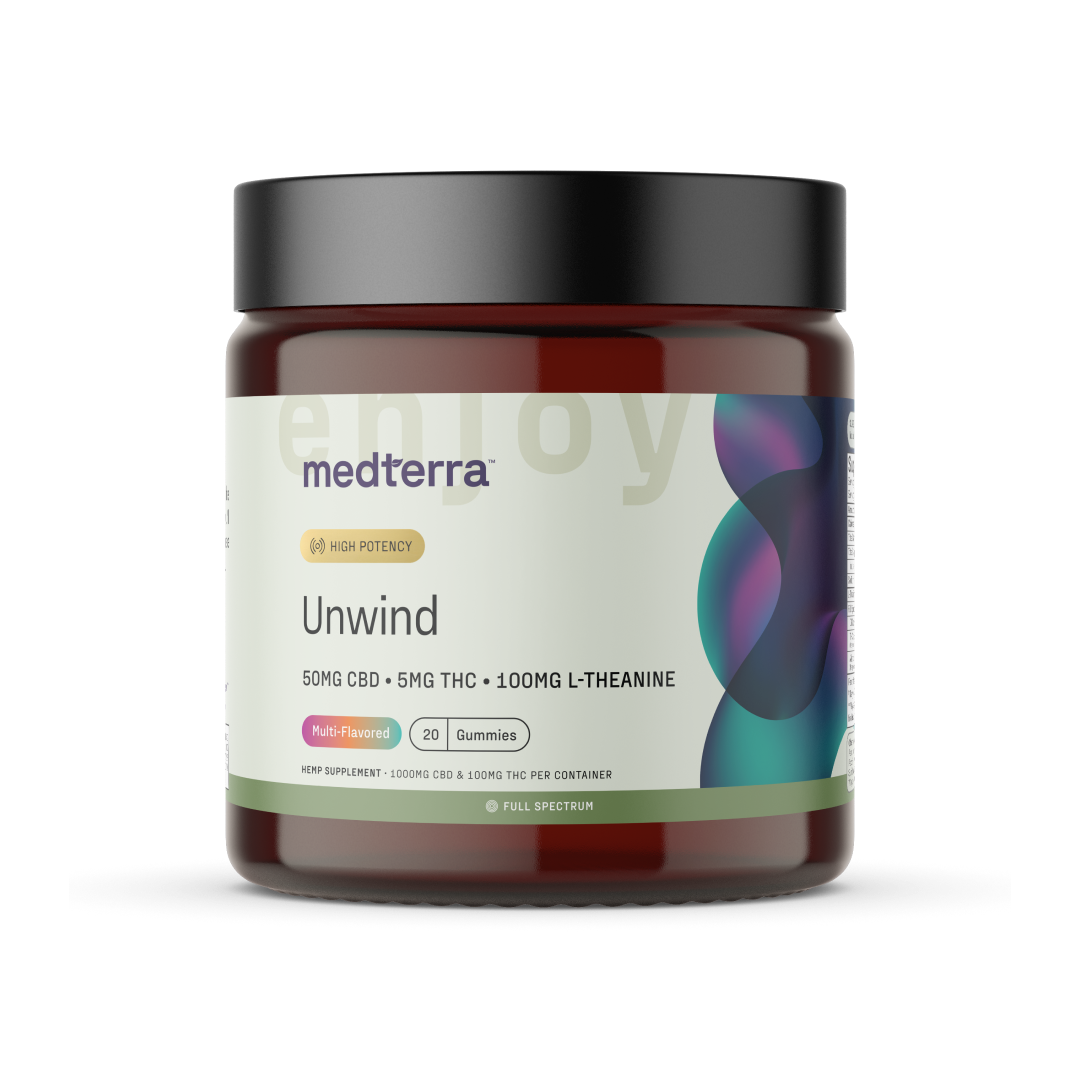Unwind Delta 9 Thc And Cbd

The landscape of cannabis-derived products continues to evolve, with Delta 9 THC and CBD increasingly prominent in the market. These compounds, both extracted from the cannabis plant, offer distinct effects and are subject to varying legal frameworks. Understanding the nuances of these substances is crucial for consumers and regulators alike.
At the heart of this evolving market are questions about legality, safety, and potential therapeutic benefits. This article delves into the complexities surrounding Delta 9 THC and CBD, examining their properties, legal status, and potential impact on public health and consumer behavior.
Understanding Delta 9 THC and CBD
Delta 9 THC (Δ9-tetrahydrocannabinol) is the primary psychoactive compound in cannabis, responsible for the “high” associated with marijuana use. Its effects vary depending on dosage, individual tolerance, and method of consumption.
CBD (cannabidiol), on the other hand, is a non-psychoactive compound that has gained popularity for its potential therapeutic properties. It is often marketed as a remedy for anxiety, pain, and inflammation, though scientific evidence supporting these claims is still developing.
The key difference between the two lies in their interaction with the body's endocannabinoid system. THC binds directly to CB1 receptors in the brain, producing psychoactive effects, while CBD interacts indirectly, potentially modulating the effects of THC and other cannabinoids.
Legal Landscape: A Complex Web
The legal status of Delta 9 THC and CBD is far from uniform, varying significantly across states and at the federal level. The 2018 Farm Bill legalized hemp, defined as cannabis with a Delta 9 THC concentration of no more than 0.3% on a dry weight basis.
This has led to a proliferation of CBD products, many of which are derived from hemp. However, the legality of Delta 9 THC remains a gray area, particularly when derived from hemp but exceeding the 0.3% threshold on a dry weight basis, as it may still be considered federally illegal.
Individual states have adopted different approaches, with some legalizing recreational and medical marijuana, while others maintain strict prohibitions. This patchwork of laws creates confusion for consumers and challenges for businesses operating in the cannabis space.
Federal Regulations and Guidelines
The Food and Drug Administration (FDA) has not yet approved CBD as a dietary supplement, creating further regulatory uncertainty. The agency has issued warnings to companies making unsubstantiated health claims about CBD products.
Enforcement of federal laws regarding Delta 9 THC and CBD varies depending on the specific circumstances. The Drug Enforcement Administration (DEA) continues to classify marijuana as a Schedule I controlled substance, but its focus is often on large-scale operations rather than individual consumers.
Potential Impacts on Public Health
The widespread availability of Delta 9 THC and CBD raises important questions about their potential impact on public health. While some studies suggest therapeutic benefits, others highlight potential risks.
Concerns include the potential for adverse side effects, such as anxiety, paranoia, and impaired cognitive function, particularly with high doses of Delta 9 THC. There are also concerns about the potential for long-term effects on brain development, especially in adolescents.
Furthermore, the lack of regulation and standardization in the industry raises concerns about product quality and safety. Consumers may be exposed to products that contain inaccurate levels of THC or CBD, or that are contaminated with harmful substances.
Consumer Considerations
Consumers should exercise caution when purchasing and using Delta 9 THC and CBD products. It is important to research brands, read labels carefully, and be aware of the legal status of these substances in their jurisdiction.
Individuals with pre-existing medical conditions or those taking prescription medications should consult with a healthcare professional before using Delta 9 THC or CBD. Starting with low doses and gradually increasing as needed is also advisable.
Third-party testing is crucial for verifying the potency and purity of products. Look for certificates of analysis (COAs) from reputable laboratories that confirm the levels of THC and CBD, as well as the absence of contaminants.
Looking Ahead
The future of Delta 9 THC and CBD is likely to be shaped by evolving regulations, scientific research, and consumer demand. Increased regulation and standardization could help to ensure product safety and quality.
Further research is needed to fully understand the potential therapeutic benefits and risks of these compounds. As our understanding grows, we can expect to see more informed policies and practices regarding their use.
Ultimately, a balanced approach that considers both the potential benefits and risks is essential for navigating the complex landscape of cannabis-derived products. The current legal ambiguity necessitates a collaborative effort involving lawmakers, researchers, and industry stakeholders.

